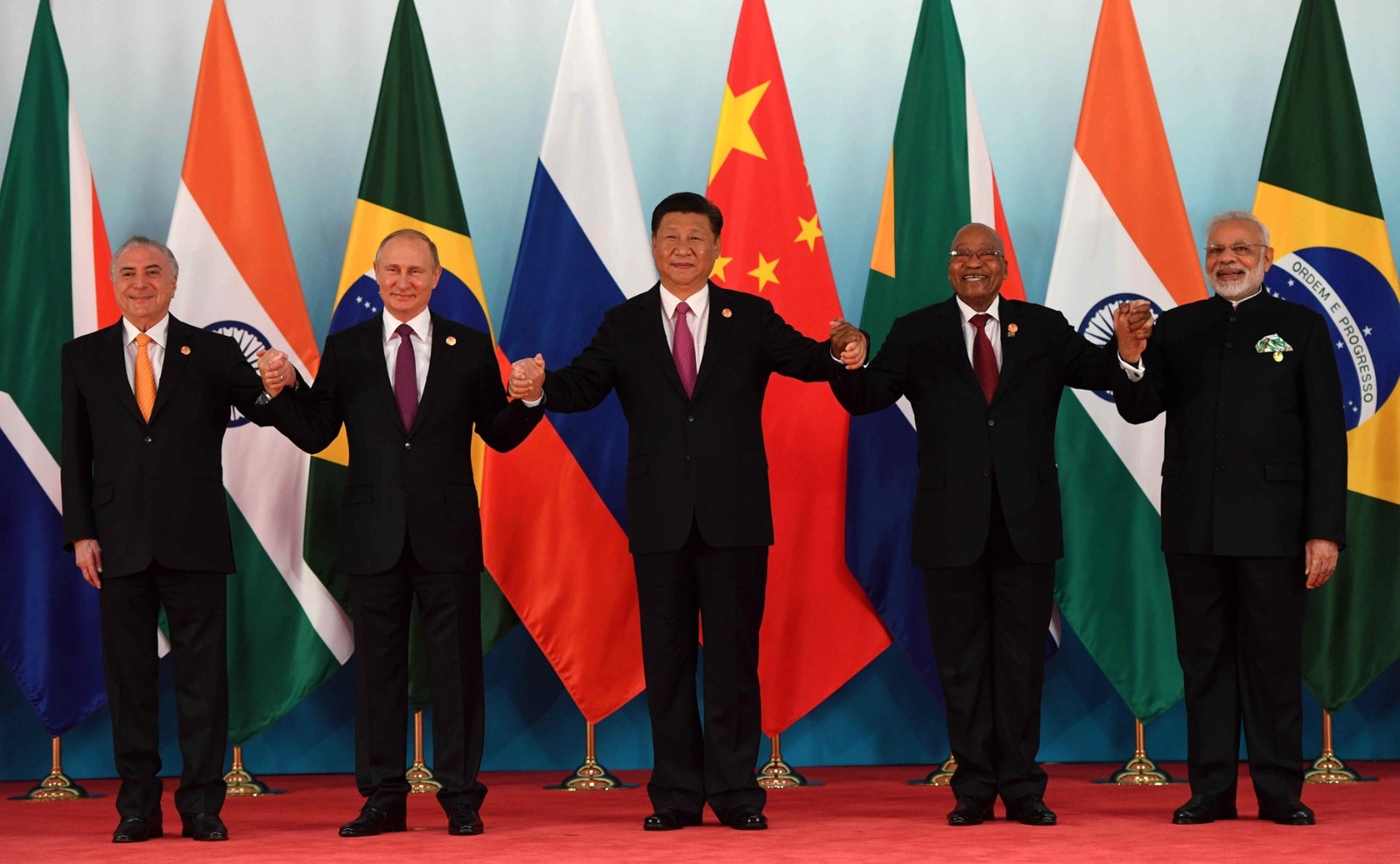The BRICS coalition, known for its economic focus, has shifted gears to condemn Israel’s military actions in Gaza. The virtual summit, chaired by South African President Cyril Ramaphosa, witnessed a united call from major emerging economies for an immediate end to the conflict, branding the forced displacement of Palestinians as “war crimes.” This unexpected stance marks a departure from the group’s traditionally economic-centric discussions, signaling a bold move into the realm of global politics and human rights.
BRICS Condemns ‘War Crimes’ in Gaza
Leaders from Brazil, Russia, India, China, and South Africa – the current BRICS members – collectively denounced attacks on civilians in both Palestine and Israel. The summit’s chair’s summary emphasized the gravity of the situation, declaring forced transfers and deportations of Palestinians as violations of the Geneva Conventions and clear war crimes under International Humanitarian Law. This condemnation underscores a growing assertiveness within BRICS, challenging the established order dominated by Western powers.
Expanding BRICS and Diverse Perspectives: A Multifaceted Response
Beyond the original five members, the summit also included Egypt, Ethiopia, Argentina, Saudi Arabia, the UAE, and Iran, scheduled to join in 2024. This diverse representation showcased varying degrees of response to the Gaza conflict. While South African President Ramaphosa strongly labeled Israel’s actions as a violation of international law, India opted for a softer tone, emphasizing the need for restraint, humanitarian support, and a peaceful resolution through dialogue.
BRICS Leverage and Growing Assertiveness: Impact on Global Dynamics
With a collective population representing 40% of the world and a quarter of the global economy, BRICS’ unprecedented condemnation carries weight. The summit’s significance lies in its departure from the group’s historical focus on economic matters. Analysts observe a growing assertiveness within BRICS, challenging the Western-dominated narrative on political and security issues. The coalition’s influence is expanding, as more nations express interest in joining, seeking alternatives to the Western financial system.
The BRICS summit’s strong condemnation of Israel’s actions in Gaza marks a turning point for the coalition, traditionally seen as economic partners rather than political actors. As the world watches, the BRICS nations challenge the status quo, calling for an end to the conflict and signaling a shift in global power dynamics. While opinions within the coalition may vary, the collective voice of BRICS on this critical issue cannot be ignored, setting the stage for potential geopolitical changes in the near future.
















